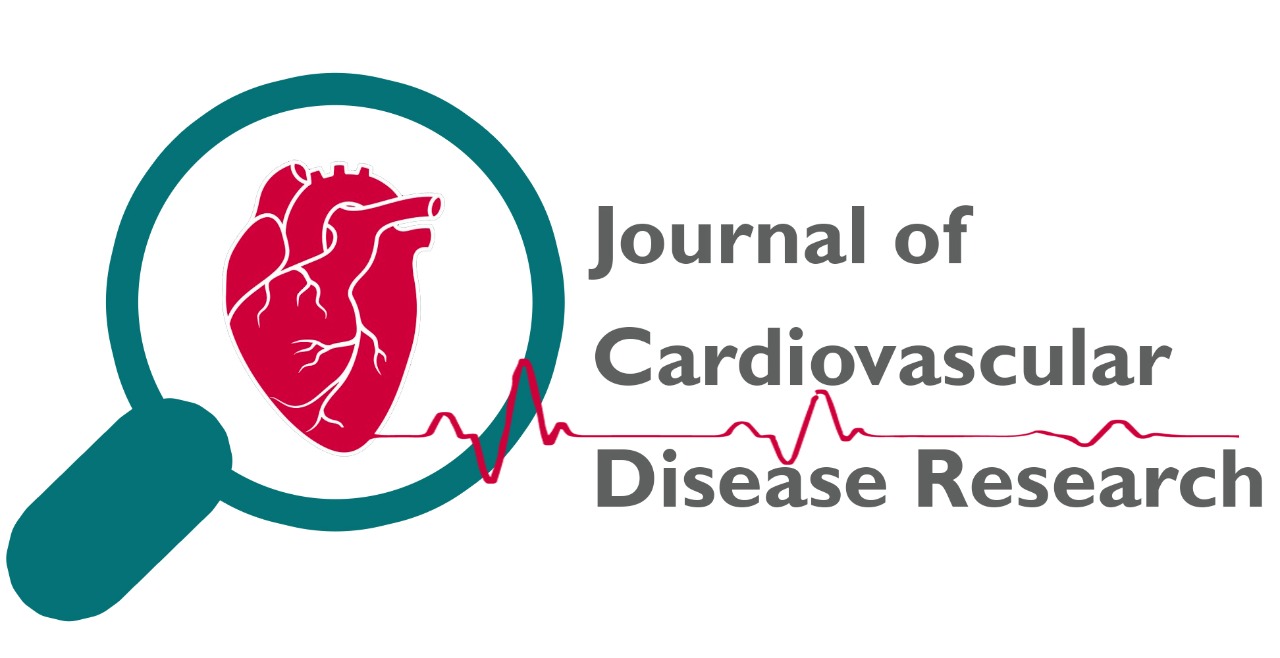
Study to investigate the association between obstructive sleep apnea (OSA) and laryngopharyngeal reflux (LPR) through oropharyngeal pH monitoring and pepsin saliva measurements
Dr. Harkanwal Preet Singh, Dr. Rachna Dhingra, Dr. Shamim Monga, Dr. Tabish Uzair Saify
JCDR. 2024: 81-85
Abstract
Objective- This study aimed to explore the relationship between obstructive sleep apnea syndrome (OSA) and laryngopharyngeal reflux (LPR) in patients with OSA, utilizing oropharyngeal pH-monitoring and detecting pepsin in saliva samples. Materials and Methods- A total of 55 adult patients experiencing primary patient-reported sleep disturbances alongside symptoms indicative of laryngopharyngeal reflux (LPR), were recruited included in this study.Pepsin concentration in saliva was measured using autoanalyzer. Results-Significant positive relationships were found in the association study between the LPR and the following characteristics related to sleep and reflux: total number of arousals, RSA, reflux time at pH<6.5, and Ryan score. The amount of pepsin in the morning was negatively correlated with the length of the paradoxical sleep period. The length of sleep with a saturation level less than 90% was correlated with the amount of pepsin taken before bed. The results of the GI endoscopy and OSA did not significantly correlate. Conclusion-The study revealed a significant occurrence of reflux events during oropharyngeal pH monitoring and elevated levels of pepsin in saliva among patients with obstructive sleep apnea (OSA).
Description
Obstructive sleep apnea (OSA) is a common health problem affecting about 5% of the adult population1 . It is a sleep disorder characterized by multiple episodes of airflow obstruction due to the collapse of different upper airway structures 2 . Abnormalities in upper airway anatomy (tonsils, soft palate, base of the tongue, and/or hypopharynx) as well as neuromuscular control are the primary factors that contribute to upper airway collapsibility in OSA patients3,4. The severity of the OSA syndrome is mainly measured using the AHI (apnea–hypopnea index) which is based on the number of apnea/hypopnea events per hour of sleep. Laryngopharyngeal reflux (LPR) is an inflammatory condition affecting the tissues of the upper aerodigestive tract, resulting from the direct and indirect impact of refluxed gastro duodenal contents. This reflux leads to morphological changes in the upper aerodigestive tract . The presence of pepsin deposits triggers inflammatory reactions in the mucosa, implicating reflux in various common inflammatory otolaryngological conditions. These include Eustachian tube dysfunction and associated otitis media, chronic rhino sinusitis, subglottic stenosis, tobacco-induced laryngopharyngitis, and non-functional laryngeal disorders5,6.Numerous studies have highlighted the coexistence of LPR and obstructive sleep apnea (OSA). However, the precise prevalence of pharyngeal reflux events, the reflux profile in OSA patients, and their potential association with sleep parameters remain unclear7 . Some investigations have explored the occurrence of LPR in OSA patients using objective diagnostic tools such as hypopharyngeal-esophageal multichannel intraluminal impedancepH testing or oropharyngeal pH monitoring 8 . Nevertheless, identifying the coexistence of LPR and OSA is crucial for enhancing patient management. While some studies suggest that OSA patients may experience worsened symptoms of LPR, others have demonstrated the benefits of antireflux therapy in OSA patients, leading to improvements in daytime sleepiness and reductions in nocturnal reflux-related arousals. 9This study aimed to explore the relationship between obstructive sleep apnea syndrome (OSA) and laryngopharyngeal reflux (LPR) in patients with OSA, utilizing oropharyngeal pH-monitoring and detecting pepsin in saliva samples.
Volume & Issue
Volume 15 Issue 3
Keywords
Obstructive sleep apnea, Laryngopharyngeal reflux, Pepsin (SCC), Intensity Modulated Radiotherapy (IMRT).
|
This is an open access journal which means that all content is freely available without charge to the user or his/her institution. Users are allowed to read, download, copy, distribute, print, search, or link to the full texts of the articles in this journal without asking prior permission from the publisher or the author. This is in accordance with the Budapest Open Access Initiative (BOAI) definition of open access.
The articles in Journal of Cardiovascular Disease Research are open access articles licensed under the terms of the Creative Commons Attribution Non-Commercial License (http://creativecommons.org/licenses/by-nc-sa/3.0/) which permits unrestricted, non-commercial use, distribution and reproduction in any medium, provided the work is properly cited. |
|
|
|
|
|
Copyright � 2022 Journal of Cardiovascular Disease Research All Rights Reserved. Subject to change without notice from or liability to Journal of Cardiovascular Disease Research.
For best results, please use Internet Explorer or Google Chrome POLICIES & JOURNAL LINKS
Author Login
Reviewer Login About Publisher Advertising Policy Author's Rights and Obligations Conflict of Interest Policy Copyright Information Digital Archiving & Preservation Policies Editorial Policies Peer Review Policy Editorial & Peer Review Process License Information Plagiarism Policy Privacy Policy Protection of Research Participants (Statement On Human And Animal Rights) Publication Ethics and Publication Malpractice Statement Corrections, Retractions & Expressions of Concern Self-Archiving Policies Statement of Informed Consent Terms of Use |
Contact InformationJournal of cardiovascular Disease Research,
|




